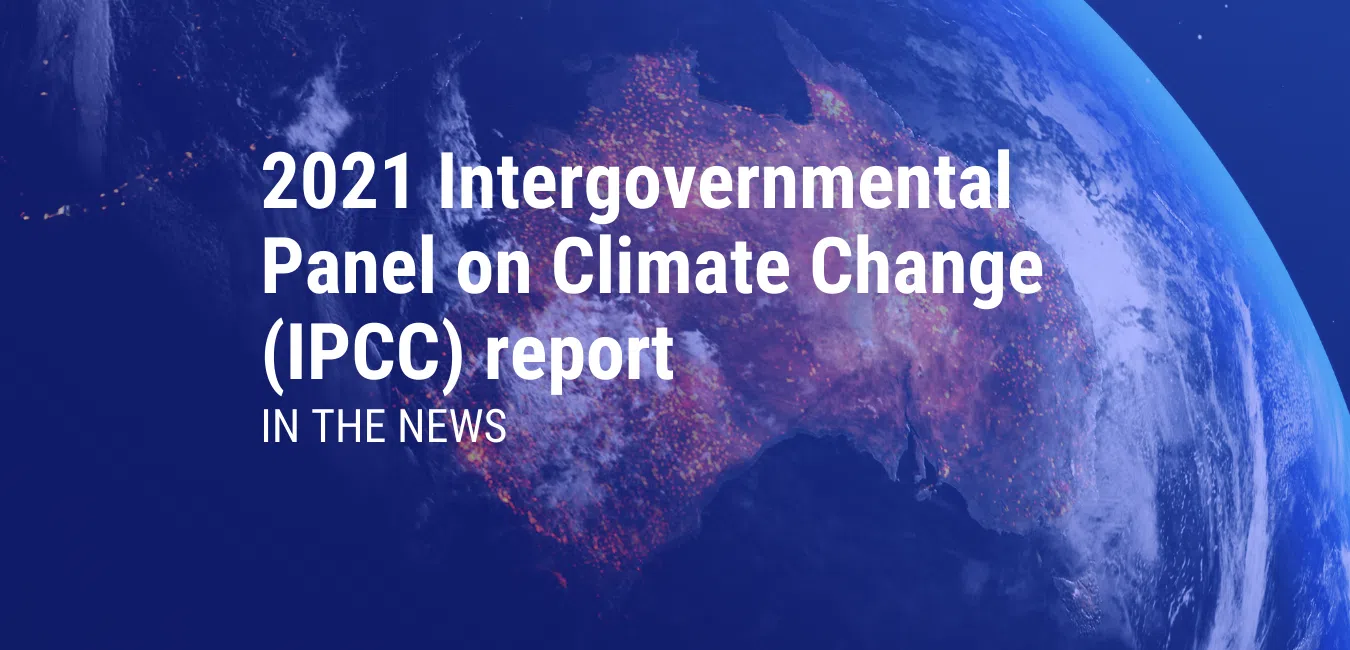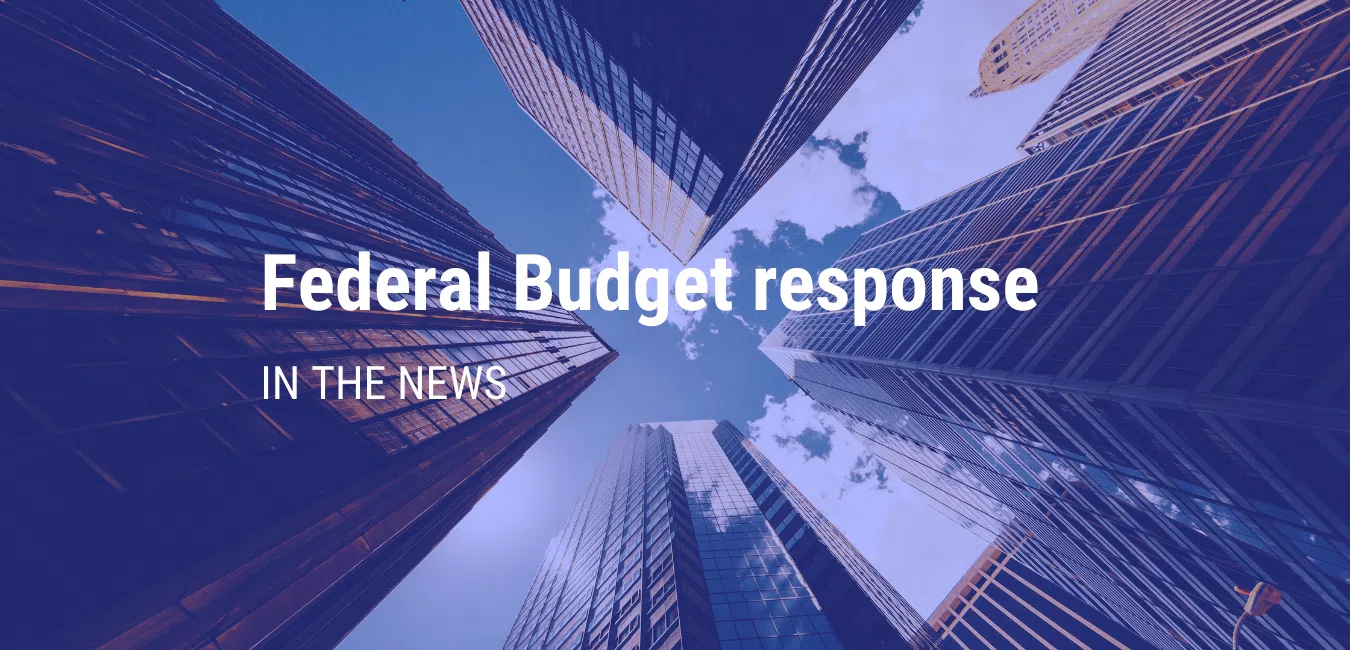
Environment & Climate Change, Featured, Media, News
What we are doing now, simply isn’t enough: Australian governments and businesses urged to step up amidst catastrophic IPCC findings
Kylie Porter | August 12, 2021
The Australian Local Network of the United Nations Global Compact, Global Compact Network Australia (GCNA) is urgently calling on Australian business and government to step up and act towards a net-zero future by 2040, 10 years earlier than the Paris Agreement has stated.
The Intergovernmental Panel of Climate Change’s (IPCC) Sixth Assessment report, released yesterday, shows global temperatures are expected to reach or exceed 1.5°C of warming, when averaged over the next 20 years. Currently, the planet has warmed by 1.1°C since 1850-1900 and in fact 1.4°C in Australia since 1910. Further, the past five years have been the hottest on record since 1850 and the recent rate of rise in sea level has nearly tripled compared with 1901-1971. The reports states that global warming is “unequivocally caused by human activities”[1].
Commenting on the findings of the report, GCNA Head of Programmes Corinne Schoch says, “This is a long-awaited and sobering report. Firstly, the report is a clear warning to world leaders that the science has once again spoken. It is imminently clear that human-caused warming is increasingly responsible for the severe and extreme weather events that we are seeing globally. Concentrations of CO2 are higher and rising faster than at any time in the last two million years. And many of the destabilising impacts that we are already seeing are irreversible. To reach a 1.5 degrees Celsius scenario we need to decarbonise rapidly and as world leaders take to the stage later this year in Glasgow there can be no other pathway than commitments that support deep and sustained emissions reductions.”
As a local body of the United Nations, GCNA echoes the sentiments of the UN Secretary-General’s statement that this is a “code red for humanity”.
GCNA Executive Director, Kylie Porter says, “As one of the most affected regions in the world of global warming, Australian Governments must prioritise real tangible action. It means making a clear net zero target, setting a price on carbon and investing in clean energy systems rather than being a laggard by prioritising fossil fuels that are harming our society. Incentives and budgets must be deployed for innovation to transition heavy carbon industries away from fossil fuels, including gas. This includes agriculture, power, transport (sea, rail and road) at a minimum and ensuring that there are mechanisms in place to support the communities most impacted by this transition. It also means following the lead of the EU and other nations in the electrification of vehicles and ensuring that we are investing in the infrastructure needed to support electrification.
“The viability of our economy depends on protecting livelihoods, including preparing to accept climate refugees onto our shores and assisting those already impacted like Torres Strait Islanders. The Australian Government must step up and play at a level above our peers to ensure that we are set up for the future. We still, however, have time to act. We can replace fossil fuels and transition to a clean energy economy if we act swiftly with the right measurements in place.
“Local businesses have the power to change the narrative, as the fuel for the Australian economy. Their actions and commitment are critical in influencing change. Businesses must commit to emissions reduction targets well below 1.5 degrees, by setting short, medium and long-term commitments. Further, businesses must innovate their business models with circularity in mind, embrace technology and a vision for a sustainable future.”
As UN Secretary General Antonio Guterres said, “If we combine forces now, we can avert climate catastrophe. But, as today’s report makes clear, there is no time for delay and no room for excuses. I count on government leaders and all stakeholders to ensure COP26 is a success”[2].
[1] Sourced from the Intergovernmental Panel of Climate Change’s (IPCC) Sixth Assessment report, August 2021
[2] Taken from the UN Secretary-General’s statement, August 2021.


